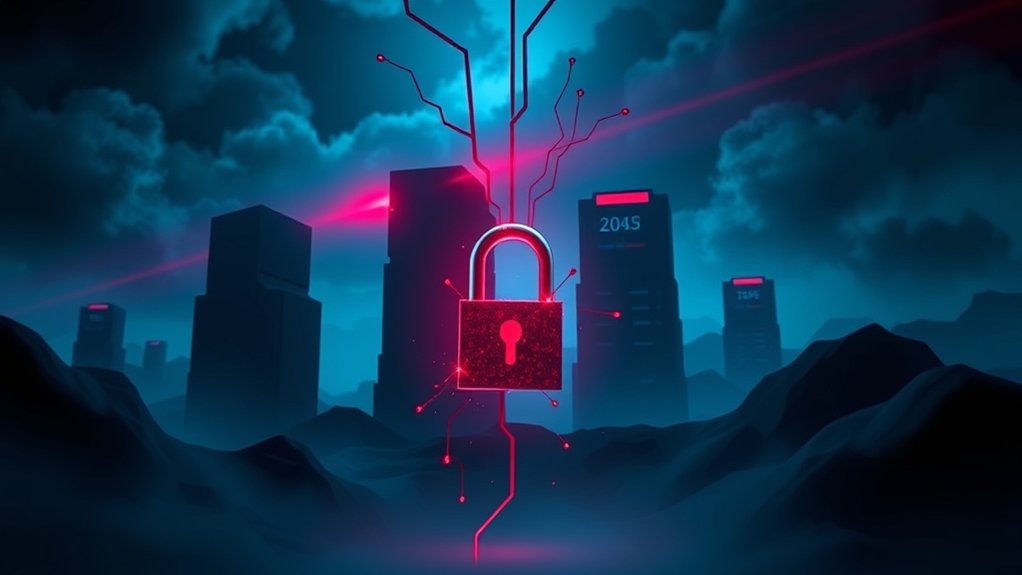In a significant cybersecurity incident, nearly 280,000 customers had their personal data compromised following a ransomware attack on Nova Scotia Power, which was first detected around March 19 and confirmed by April 25. The breach involved sophisticated ransomware, highlighting a targeted effort to exfiltrate sensitive data, including names, birthdates, addresses, email addresses, and possibly bank account numbers for customers enrolled in autopay.
Even though power operations remained unaffected, disruptions to IT systems underscored vulnerabilities within the critical infrastructure sector. Subsequent to the attack, hackers published the stolen data on the dark web, intensifying risks related to identity theft and financial fraud. Experts warn that such leaks allow malicious actors to engage in fraudulent activities, with regulatory authorities expressing concern about increasing ransomware threats targeting utilities. Additionally, the incident shows that certain IT systems were significantly disrupted due to unauthorized access.
Remarkably, Nova Scotia Power chose not to pay the ransom, adhering to guidance from law enforcement agencies. System misconfigurations likely contributed to the initial breach, according to preliminary findings. Investigations into the extent of the breach are ongoing, with an external cybersecurity firm engaged to assess the situation and strengthen the company’s defenses. Affected customers received notifications and were provided with support, including two years of complimentary credit monitoring.
The incident has prompted provincial regulators to evaluate necessary actions to fortify cybersecurity protocols within critical sectors. This incident follows the earlier MOVEit breach, which compromised data for 100,000 individuals, raising alarms about the overall cybersecurity environment in Nova Scotia.
As the impact of this breach resonates, experts underline that this incident is emblematic of broader systemic vulnerabilities impacting critical infrastructure nationwide. Proactive measures are critical to avert future attacks, with experts recommending that organizations implement sturdy security frameworks and educate customers about safeguarding against social engineering threats.
The Nova Scotia Power breach serves as a stark reminder of the imperative to strengthen defenses against increasingly sophisticated cyber threats, ensuring the safety and security of both data and public trust in vital services.









